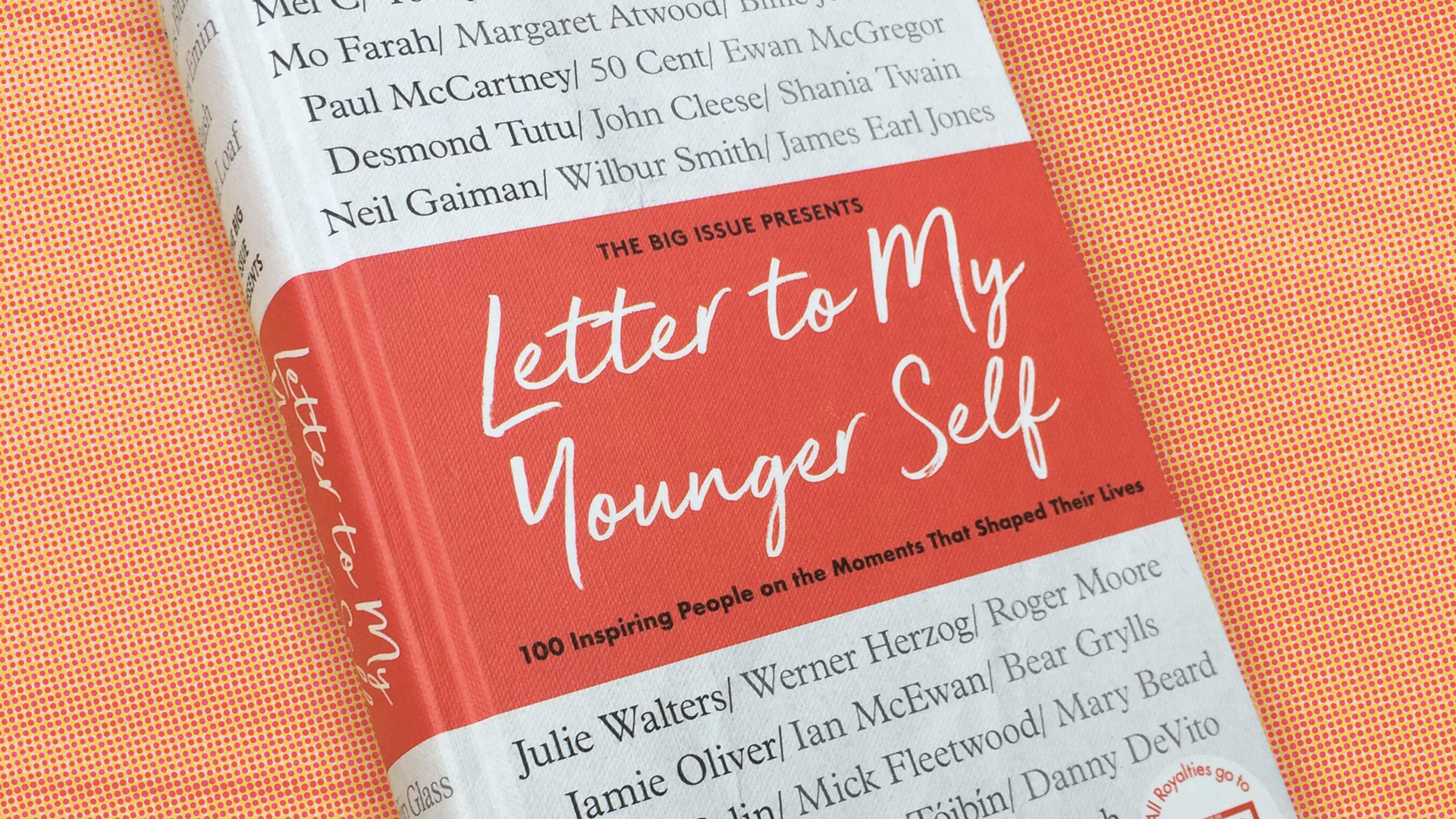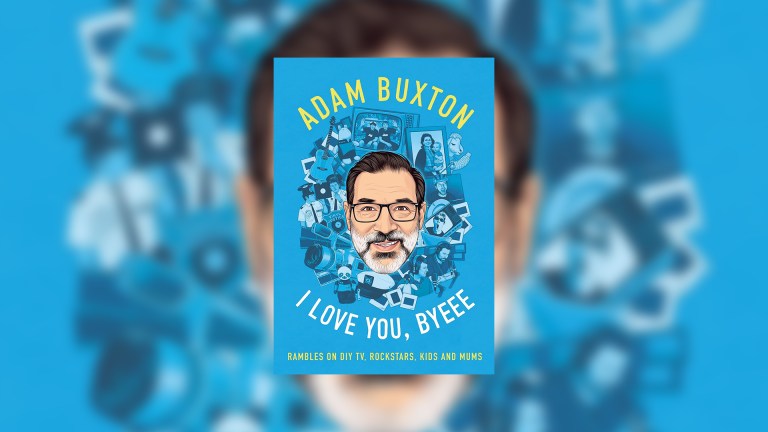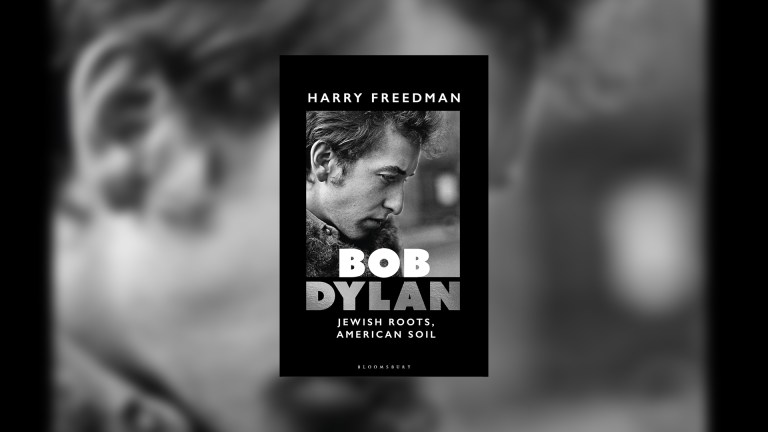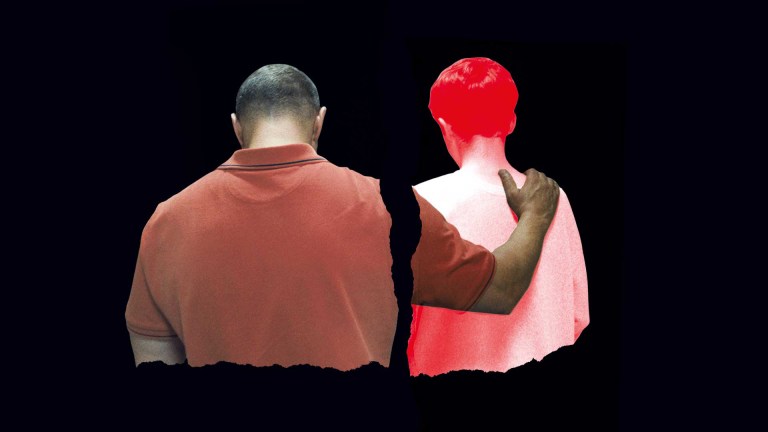If you could whisper some wisdom in the ear of your younger self, what would you say? For years leading lights in entertainment, art, science, sport and politics have shared the things they wished they’d known at 16 in our weekly Letter to My Younger Self feature. We’ve brought 100 of the best interviews together in a book, devised and written by Big Issue journalist Jane Graham and on sale now. All royalties go back to The Big Issue to help us with our vital work. Here, Jane explains why the insights from these unique interviews have proved to be truly timeless, and too good not to share again…
Back in 2007 I had a brainwave. I had conducted a lot of interviews as a journalist, and had long been thinking about how I could encourage subjects to talk about their lives in a revealing and honest way. It struck me that the one person we all try not to lie to, the one person who has known us at our worst and best, is ourself. I wondered how very successful people felt, looking back at how they were before the big dream came true; did they think that teenager would be bursting with pride at their subsequent achievements, or were there things they wished they didn’t have to tell such a hopeful innocent?
I pitched the Letter to My Younger Self column 12 years ago, and it originally ran as a single column in the arts section of The Big Issue’s Scottish edition. The editor and I quickly realised we had found a key that unlocked even the most guarded of big names. The feature doubled in length, then doubled again to fill two pages at the front of the UK-wide Big Issue, where it still runs every week.
Insightful interviews, a good cause. What more could you ask from an excellent Christmas present?#LetterToMyYoungerSelf contains 100 of The Big Issue's most inspirational interviews.
Discover more here: https://t.co/B3CeEEFwVX pic.twitter.com/5HoB67WDMI
— Big Issue (@BigIssue) November 1, 2019
In the intervening years I have interviewed more than 500 people and learned a lot about human nature and the ways we respond to fame, wealth and power. Many subjects have told me our conversation pulled up long-buried memories, others said that its intimate focus on home truths and personal values made it feel like therapy. A lot of tears have been shed.
What has been most telling is how fundamentally those teenage years shape the way we face our future and weigh up our past. Some interviewees, like Paul McCartney and Archbishop Desmond Tutu, felt warmly towards their uninhibited, excited young self, unaware of the curveball life was about to throw at them. Some highly accomplished individuals, such as Ranulph Fiennes and Eddie Izzard, felt their 16-year-old self still dwelt deep inside them, occasionally flooding them with feelings of melancholy or inadequacy.










